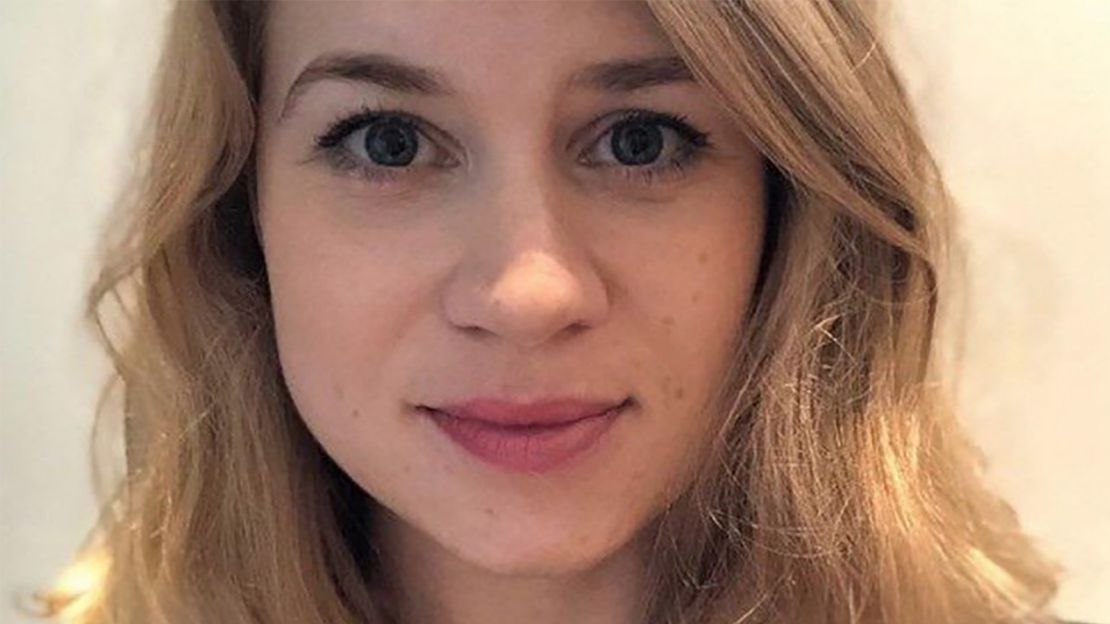Police in England and Wales are set to record misogyny as a hate crime on an experimental basis from this autumn, a government minister has said, as the UK faces a reckoning on violence against women.
Susan Williams, a Conservative in the House of Lords and a junior minister in the Home Office, said in Parliament Wednesday that on an experimental basis, the government “will ask police forces to identify and record any crimes of violence against the person, including stalking and harassment, as well as sexual offenses where the victim perceives it to have been motivated by a hostility based on their sex.”
The move will not require a change in the law as it is already possible to categorize these offenses as hate crimes. Williams said the reason the move is experimental is because the UK’s Law Commission had said the designation wouldn’t guarantee greater effectiveness in bringing justice to offenders.
Numerous prominent campaign groups in the UK had been pushing for misogyny to be designated a hate crime for some time. However, the murder of Sarah Everard has forced a national conversation about the violence, harassment and intimidation that women face.

Everard, 33, went missing on March 3 after leaving a friend’s house in south London in the early evening. Her remains were found nearly two weeks later in Kent, southern England.
The man charged with her kidnap and murder was a serving police officer at the time of Everard’s disappearance, and police officers were pictured physically forcing women to the ground at a peaceful vigil for her at the weekend.
The move to record misogyny as a hate crime was welcomed by campaigners. Citizens UK, an organization that brings communities in the UK together to campaign for social change across society, tweeted: “Amazing news! … Recording is such a vital step - goes beyond policing. With the data, society & the state can now build on this and take on endemic #misogyny in our culture.” But others worried that the move wouldn’t necessarily lead to more crimes against women being reported.
“We urgently need better data on the prevalence and scale of the sexual harassment women face on a daily basis. A new way of recording crimes on its own will not achieve that unless it is accompanied by funding for training of police and transport workers,” says Caroline Criado Perez, author of Invisible Women: Exposing Data Bias in a World Designed for Men.
“One of the drivers behind the data gap on sexual harassment is that women do not report – and they do not report because they do not know who to report to or what they can report.”
UN Women UK last week published a report which said that over 95% of all women did not report their experiences of sexual harassment, with 98% of women aged 18-34 not reporting incidences of sexual harassment.
There is no fixed date for the new measures to come into effect, but Williams told parliament that the government “will shortly begin the consultation with the National Police Chiefs’ Council and forces on this with a view to commencing the experimental collection of data from this autumn.”

